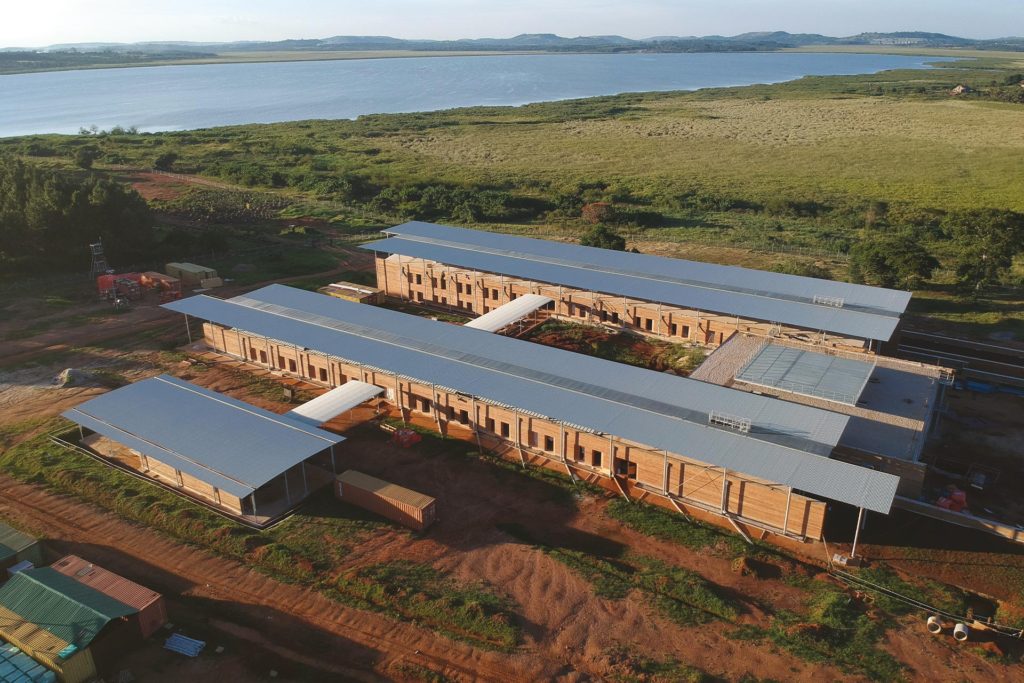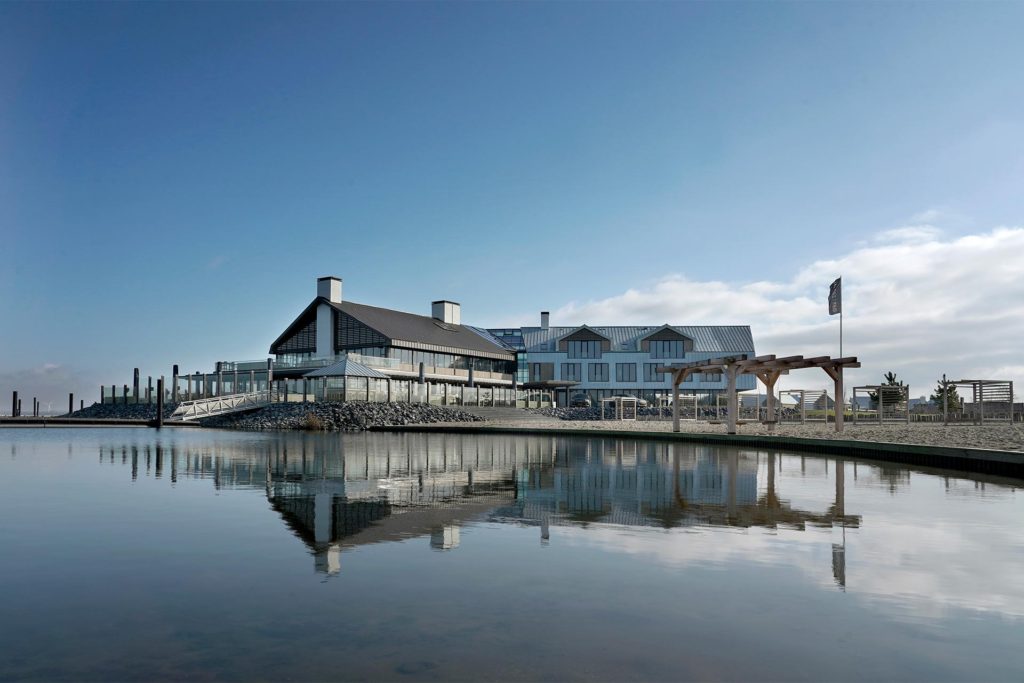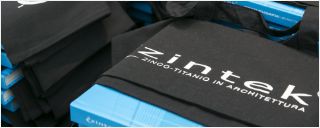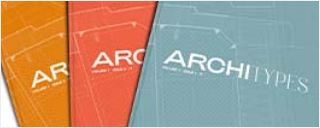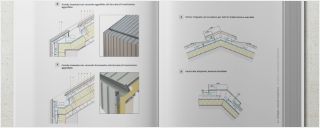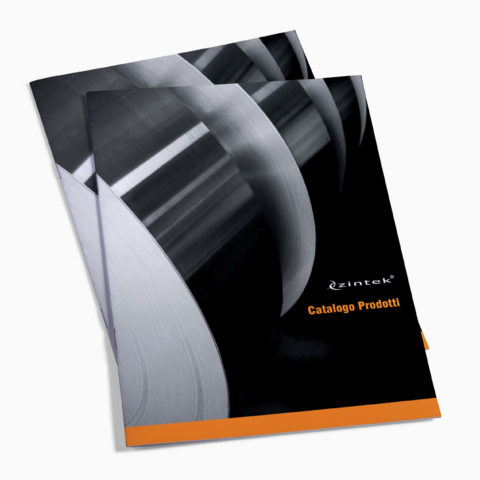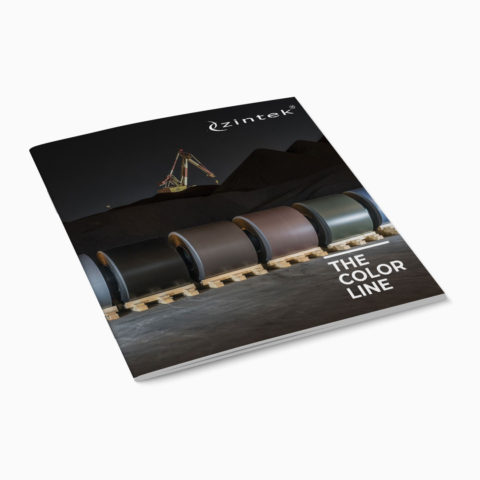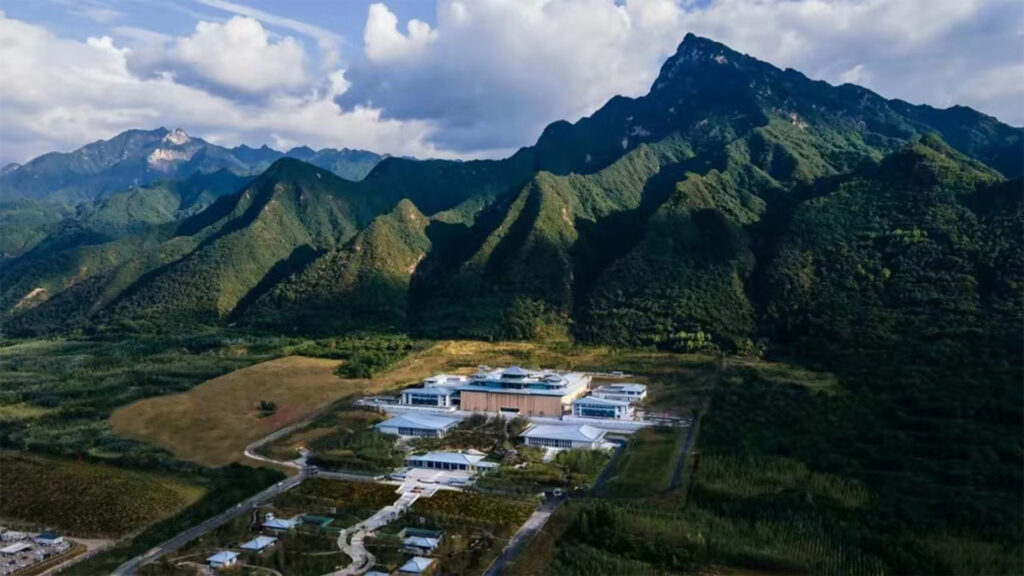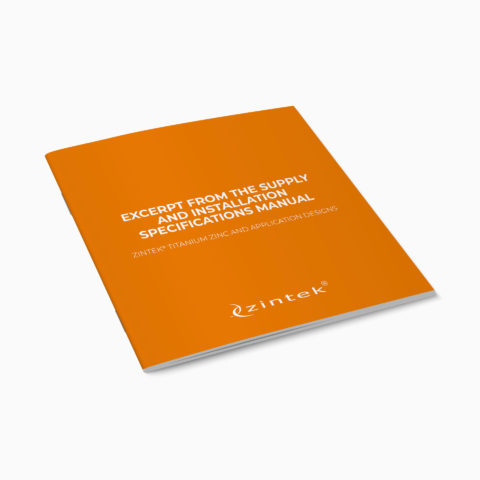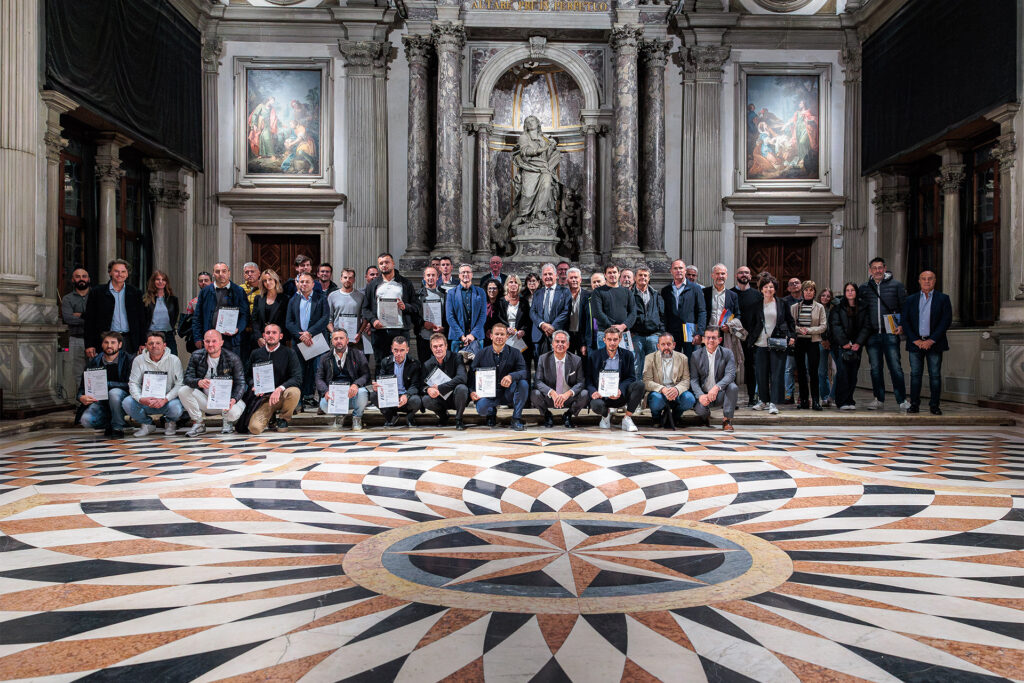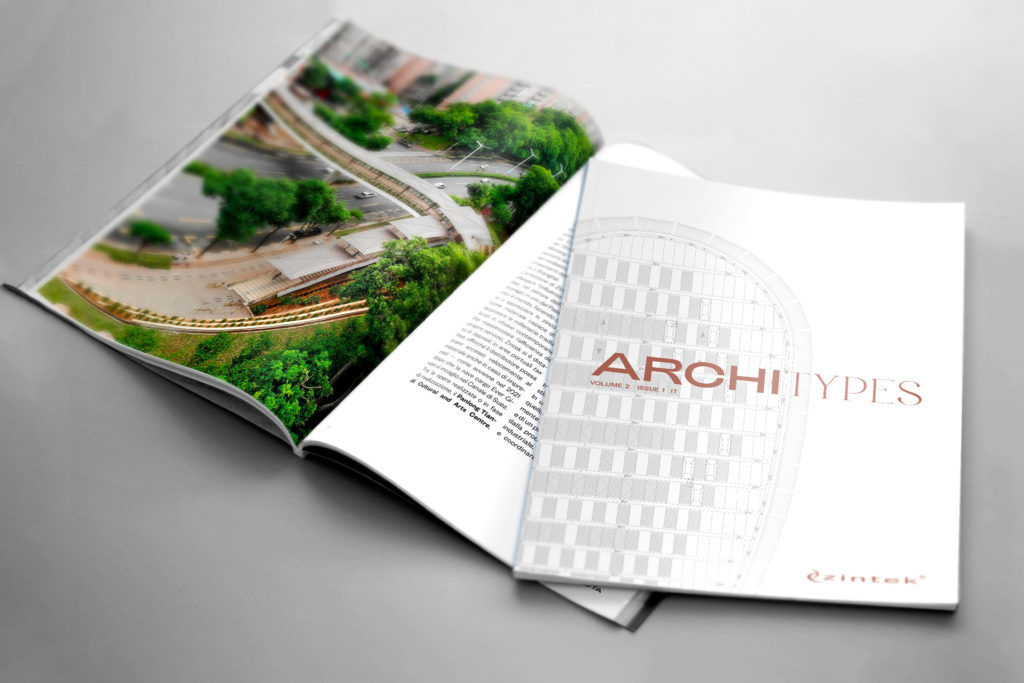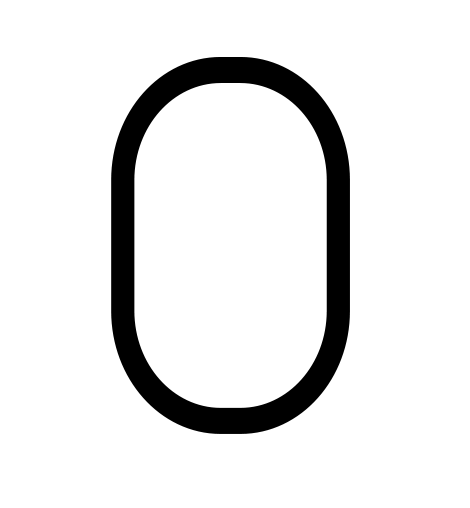Zintek S.r.l. (hereinafter also “Zintek” or “the Company”) has established its own whistleblowing channels, pursuant to Italian Legislative Decree 24/2023.
Who can make a disclosure?
Disclosures, which will be handled in accordance with Italian Legislative Decree 24/2023, can be made by:
- employees;
- workers with part-time, intermittent, fixed-length, agency, apprenticeship, or voucher-based contracts;
- workers employed on a casual basis;
- self-employed workers working at the Company;
- freelancers and consultants working at the Company;
- paid or unpaid volunteers and trainees working at the Company;
- suppliers of goods and services to the Company;
- shareholders;
- people who hold administrative, managerial, auditing, supervisory, or representative roles at the Company, both as to fact and law.
What can be disclosed?
Any information regarding a violation of national or European Union legislation that harms the public interest or the reputation of the Company that the whistleblower became aware of in a work context may be disclosed.
The following are not considered whistleblowing disclosures:
- Personal disputes, claims or requests relating to one’s own employment relationship (these should be directed to the relevant business departments);
- Complaints or disputes regarding the services provided by the Company (these should be directed to the relevant business departments).
How do I make a disclosure?
INTERNAL REPORTING CHANNELS
Disclosures can be made through the specific accessible Whistleblowing tool at https://zintekit.segnalazioni.net/en/
This tool allows disclosures to be made in writing, by voice message or by uploading videos and photos, or by requesting a meeting with the person responsible for whistleblowing.
Who is responsible for handling disclosures?
The Whistleblowing Committee is responsible for receiving and handling disclosures.
The Whistleblowing Committee may make use of internal resources who have received specific authorization in writing.
When conducting its investigation, the Whistleblowing Committee may also be supported on a case-by-case basis by relevant organizational structures within the Company or by external professionals hired for this purpose.
The Whistleblowing Committee, while remaining the body responsible for handling the disclosure, can entrust all or part of the investigation into disclosures regarding violations of Model 231 to the Company’s Supervisory Body, or receive assistance from said body in carrying out operations following receipt of the disclosure.
EXTERNAL REPORTING CHANNEL AND PUBLIC DISCLOSURE
The internal management channel should be used in the first instance.
Whistleblowers can make use of the external channel managed by the Italian National Anti-Corruption Authority (ANAC) at the website https://www.anticorruzione.it/-/whistleblowing solely in the following cases:
- the Company does not have an internal whistleblowing channel, or it does not comply with Italian Legislative Decree 24/2023;
- a disclosure has already been made via the internal channel, but it was not followed up;
- the whistleblower has good reason to believe that using the internal channel the disclosure would not be dealt with effectively or that he or she could be subject to reprisals;
- the whistleblower has good reason to believe that the violation could present an imminent or clear danger to the public interest.
Whistleblowers can also make a public disclosure (through the press or other means of communication such as social networks) should one of the following conditions apply:
- the whistleblower has previously made an internal and external disclosure or directly made an external disclosure and did not receive a reply within the time limits established for the measures involved in following up disclosures;
- the whistleblower has good reason to believe that the violation could present an imminent or clear danger to the public interest;
- the whistleblower has good reason to believe that an external disclosure could risk reprisals or may not be dealt with effectively due to the specific circumstances of the case in question, for example where evidence may be hidden or destroyed or where there is good reason to believe that the recipient of the disclosure could be colluding with the person responsible for the violation or involved in the violation itself.
The option of submitting a complaint to the relevant national legal and accounting authorities remains valid.
To implement the above, Zintek has adopted a “Whistleblowing disclosure handling procedure”, which can be consulted at https://zintekit.segnalazioni.net/en
Consult the procedure for a thorough analysis of:
- the parties that can make disclosures;
- the subject of the disclosures;
- the various reporting channels;
- how whistleblowing is handled;
- the protections guaranteed to whistleblowers, those subject to allegations made in bad faith and other parties mentioned in the legislation;
and anything else not covered by this policy.

